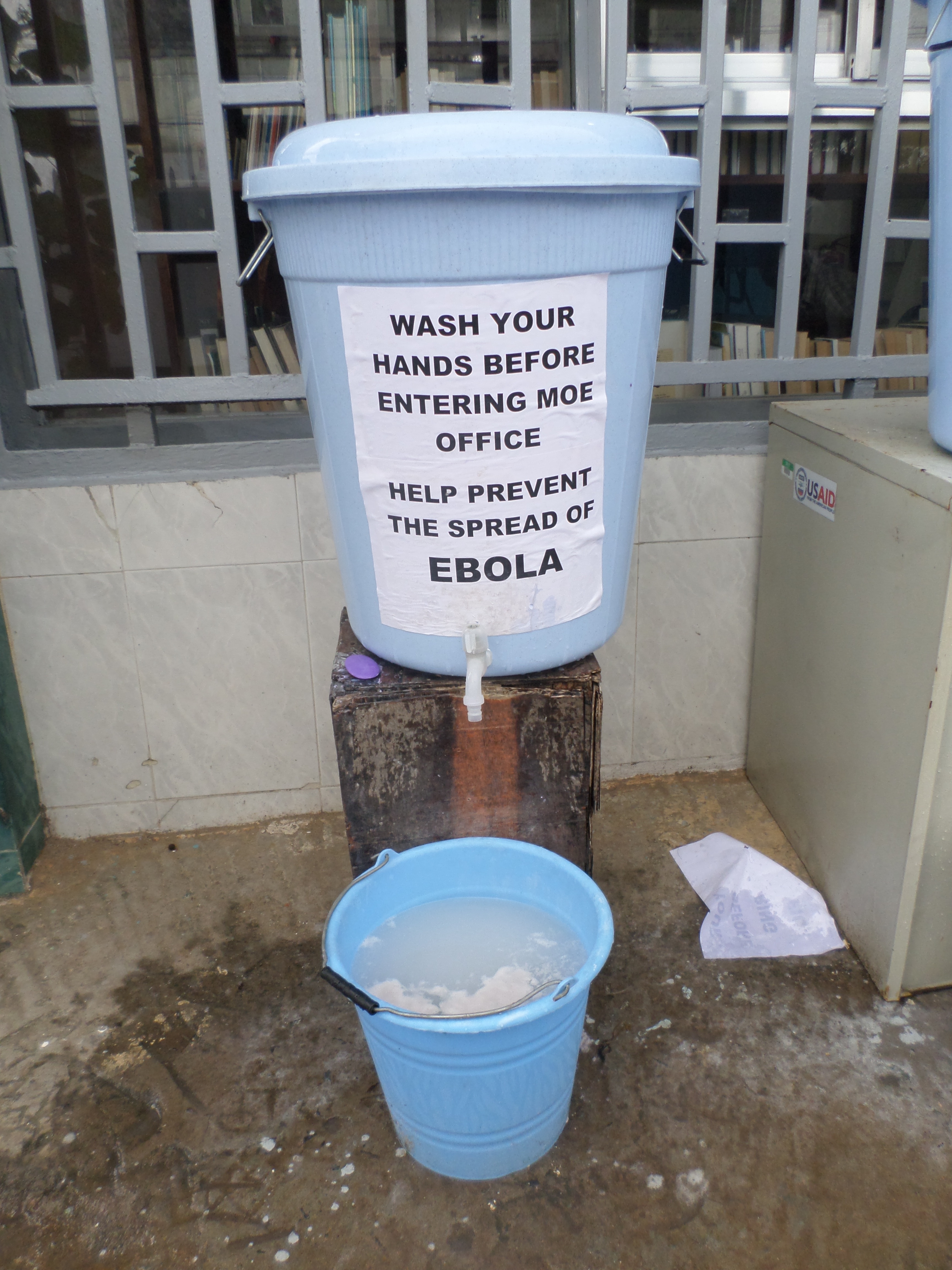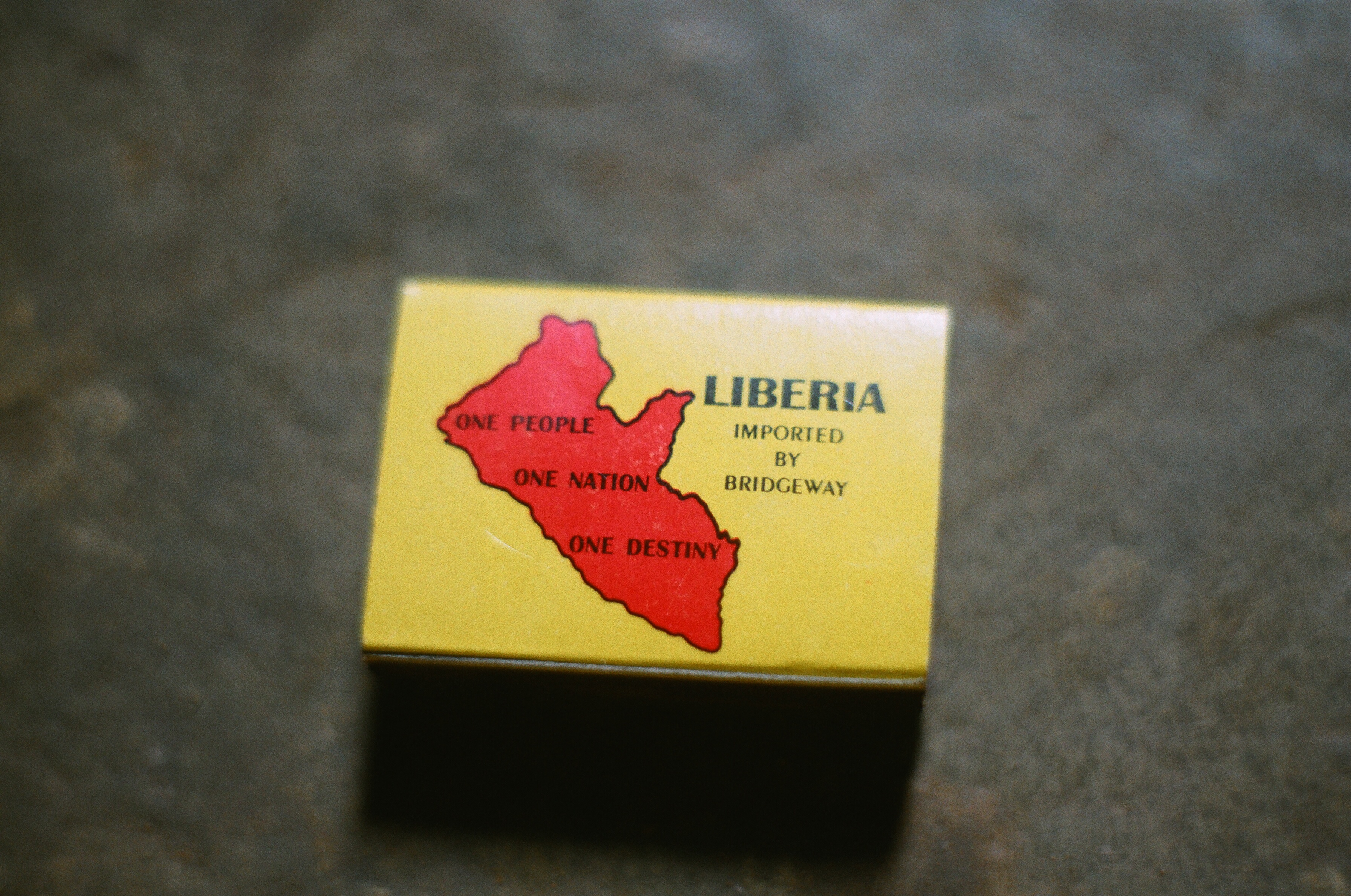Coming back to Sierra Leone at the end of June and traveling on to Liberia in July, I’ve seen a big change. There have been hundreds of deaths, and people are definitely taking the issue more seriously now.
The virus is primarily spread by contact with the bodily fluids of an infected person, so one of the precautions advised is to not shake hands with people. But I’m finding that very hard in Sierra Leone and Liberia. We shake hands with everyone we meet. A driver told me, “I carry all kinds of people in my car. My children are playing with all kinds of children and then we all sit together at home. What can I do?” I was sitting in a crowded public transport vehicle in the Red Light neighborhood, just outside Monrovia the other day, waiting for the vehicle to fill with passengers so we could leave. A vendor came by, hawking green garden gloves, boasting that they could be used to prevent Ebola. People around me laughed.
It’s only in the last few days that I now see hand-washing stations outside government ministries and some NGOs (though not all). It seems a little futile when the same people go out to eat in the same cook shops with the same shared utensils.

